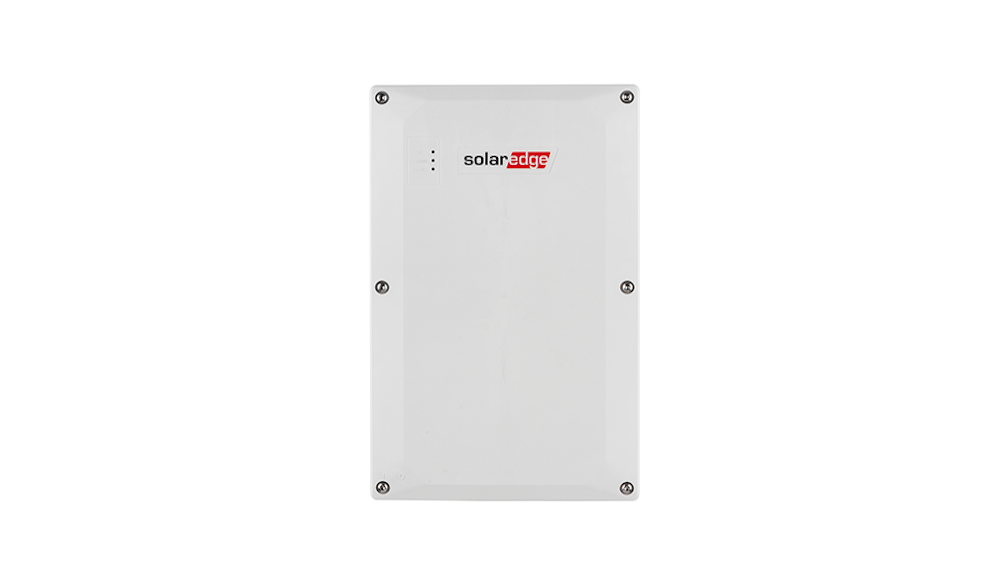Types of Solar Batteries: Pros and Cons

As the adoption of solar energy continues to rise, homeowners are increasingly interested in solar battery storage solutions. These batteries store excess solar energy for use during periods when the sun isn’t shining, enhancing the efficiency and reliability of solar power systems. There are various types of solar batteries available, each with unique advantages and disadvantages.
This article delves into the most common types: lithium-ion, lead-acid, and other emerging technologies, providing a comprehensive comparison to help you make an informed decision regarding a battery backup and storage solution for your home solar system.
Lithium-Ion Batteries
Advantages:
- High Energy Density: Lithium-ion batteries offer a superior energy density, allowing them to store more energy in a smaller space. This makes them an excellent choice for residential solar systems where space might be limited.
- Long Lifespan: These batteries typically last between 10 to 15 years, which is significantly longer than most other types. This longevity can offset their higher initial cost over time.
- Efficiency: Lithium-ion batteries boast high efficiency, often around 95%, meaning minimal energy is lost during the storage process.
- Fast Charging: They charge faster than many other battery types, enabling more efficient use of solar energy.
Disadvantages:
- Cost: The primary drawback of lithium-ion batteries is their higher upfront cost compared to other types, though this can be mitigated by their longer lifespan and efficiency.
- Thermal Runaway: These batteries can be susceptible to overheating if not managed properly, potentially leading to safety concerns.
Lead-Acid Batteries
Advantages:
- Cost-Effective: Lead-acid batteries are significantly cheaper than lithium-ion batteries, making them an attractive option for those with budget constraints.
- Reliability: They have a long history of use and are known for their reliability and durability in various conditions.
- Availability: These batteries are widely available and come in various sizes, making them easy to source for residential use.
Disadvantages:
- Shorter Lifespan: Lead-acid batteries typically last between 5 to 10 years, which is shorter than lithium-ion batteries.
- Lower Efficiency: With an efficiency rate of around 80-85%, they lose more energy during the storage process.
- Maintenance: They require regular maintenance to ensure optimal performance, which can be a hassle for some homeowners.
- Bulk and Weight: Lead-acid batteries are heavier and bulkier, requiring more space for installation.
Other Emerging Technologies
Flow Batteries
Advantages:
- Scalability: Flow batteries can be easily scaled to meet larger energy storage needs, making them suitable for homes with significant energy requirements.
- Long Cycle Life: They have a very long cycle life, meaning they can be charged and discharged many times without significant degradation.
- Safety: These batteries are inherently safer with lower risks of overheating and fire.
Disadvantages:
- Size and Cost: Flow batteries are generally larger and more expensive, which can be a limitation for residential use.
- Complexity: They have a more complex system requiring additional components and installation expertise.
Saltwater Batteries
Advantages:
- Eco-Friendly: Made from non-toxic and abundant materials, saltwater batteries are an environmentally friendly option.
- Safety: These batteries are safe with no risk of thermal runaway or fire.
Disadvantages:
- Lower Energy Density: They have a lower energy density compared to lithium-ion batteries, requiring more space for the same amount of energy storage.
- Market Availability: Saltwater batteries are relatively new to the market and may not be as readily available.
Which solution best suits your needs?
Choosing the right battery for your solar energy system involves balancing several factors, including cost, lifespan, efficiency, and maintenance requirements. For those looking to enhance their home’s solar system with a reliable battery backup and storage solution, it’s important to consider the specific needs of your household and consult with a professional to find the best fit. Investing in the right battery can maximise the benefits of your solar energy system, providing reliable power and peace of mind.
























